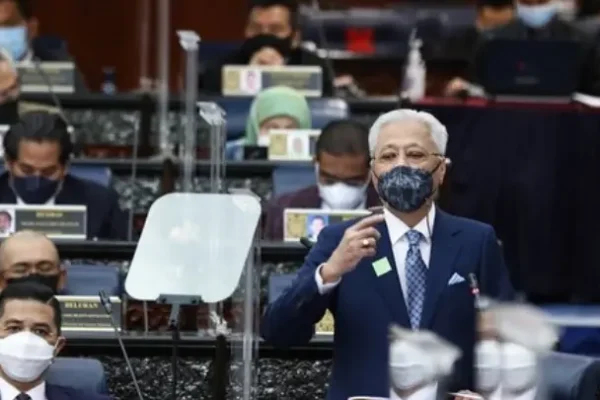The 12th Malaysia Plan has been unveiled today aiming to create a more inclusive, sustainable and high-income country in the next five years. First, we examine the broad strokes of the plan. Then, we explore whether it is enough to set us on the path to economic recovery. And finally, with the plan’s big promise of inclusivity, we find out if it delivered.
The 12th Malaysia Plan: Decisive or Divisive?
All in all, there is still time to deliberate on how the 12MP will be received politically, as there are common grounds and differences to be deliberated upon until 7th October. The government should be open to incorporating feedback from other parties. A consultative approach is particularly important towards decision making, as seen through the Covid-19 crisis.
Lastly, credit must be given where due on addressing bureaucracy, but as the pandemic has shown, centralisation of power must also be addressed as there are different considerations to be made per region. Due consideration should be given to rethink the way policymaking is done in the decision-making process.
Produced by: Azlyna Mohd Noor, Tasha Fusil, Alia Zefri
Presented by: Lee Chwi Lynn, Sharmilla Ganesan

